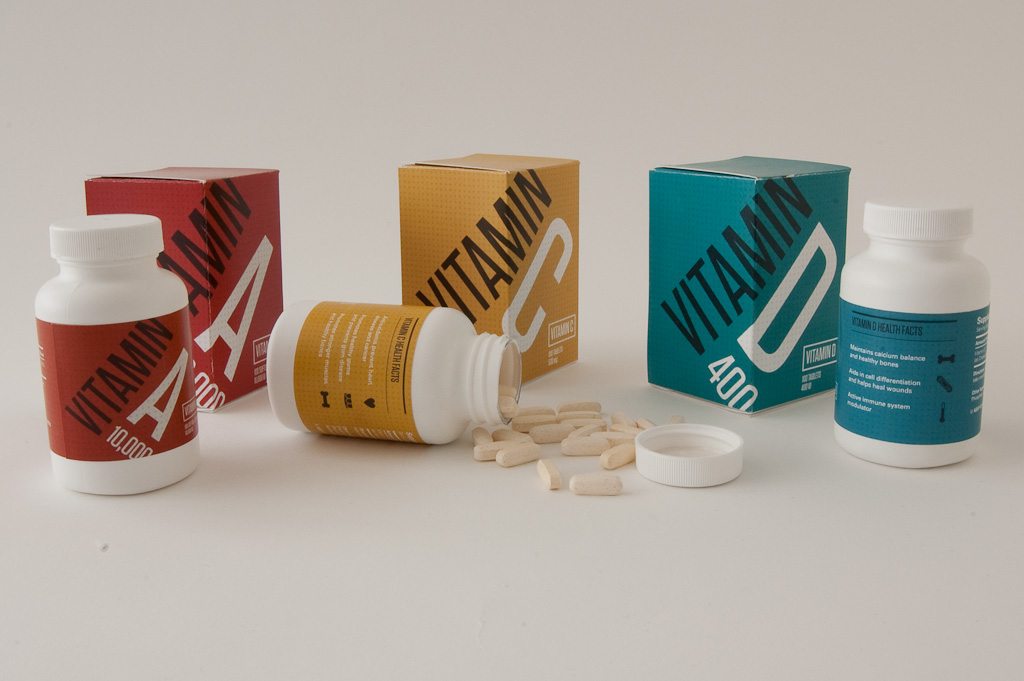Are you a multivitamin victim?
Most students find the transition into university life stressful. For me, the biggest hurdle was not the work nor was it getting myself out of bed every morning. Indeed, it was the fact that food wasn’t magically on the table waiting for me whenever I get home, after a long day of lectures.
As to avoid eventual starvation, I came up with a one-word quick-fix solution – multivitamins. These supplements claim to ‘plug the holes’ in a diet lacking essential nutrients and vitamins, but what exactly are these little pills doing to our bodies?
Multivitamins are a collection of vitamins, minerals and amino acids which are designed for individuals that, for one reason or another, need extra help in meeting their daily nutritional requirements. For example, vitamin D is a vital nutrient which plays a role in the body’s uptake of calcium. This can cause complications for those who, for example, follow a vegan diet, as calcium is generally found in dairy and oily fishes. In this case, as to avoid calcium deficiency, it makes sense that many vegans turn to multivitamins, which allow them to meet all their nutritional requirements without breaking any vegan rules.
However there is a catch – wholefoods such as fruit and veg contain a multitude of vital micronutrients and therefore are able to cover you over a much wider range of dietary requirements. This means that if you just take the time to carefully plan out a balanced diet, then you most likely won’t need to take a multivitamin at all.
Actual food also contains calories, which in many ways has become a ‘dirty word’ nowadays. The fact is that without an intake of calories, your body cannot produce the energy it needs to function throughout the day. So replacing food with multivitamins for “health reasons” may not be the best long-term plan.
Another point worth noting is that it is perfectly possible to exceed your daily nutritional requirements and this can, in many cases, be detrimental to your health. ‘Yummi Bears’ are a prime example of this, as they contain 216 percent of the vitamin A requirement for an eight-year-old child. As a product aimed specifically for the use of children, this vitamin A excess has resulted in the development of weaker bones and liver abnormalities in some. This problem is also true of supplements for adults; so taking four or more multivitamins a day should be a no-go as far as your diet is concerned.
So, what practical advice can we take from all of this? The key thing is that you can’t just replace food for a collection of vitamins in pill form; you need to meet the 2500/2000 kcal intake (for men and women respectively) and try to hit your five-a-day. If you do decide that multivitamins should be part of your daily ritual, then try to fit them around a balanced diet and stick to the dosage guidelines on the label. As mentioned earlier, there are some circumstances where it can be important to include supplements to your diet, as in the example of vitamin D with vegans.
For those of you still on the multivitamin bandwagon, enjoy your daily dosage. Though perhaps you could go buy yourself a decent cookbook and try preparing a few meals from scratch – just like you would have had at home!

Comments